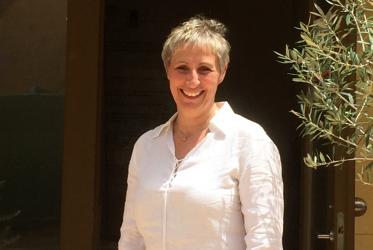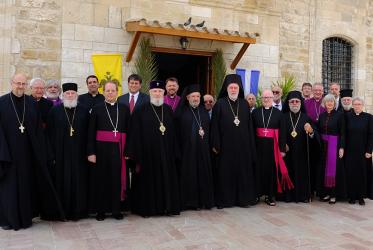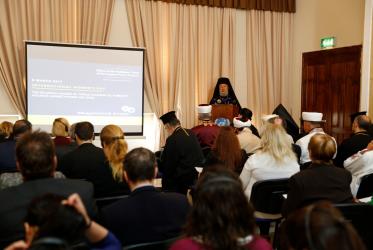Displaying 1 - 13 of 13
Anglican–Orthodox International Commission releases communique
01 November 2018
Diakonia: “a tool to reach abundance of life”
24 July 2018
Seven weeks of Lent highlight water justice in Latin America
12 February 2018
Pilgrimage of justice and peace gives vision for WCC programmes
22 November 2014







